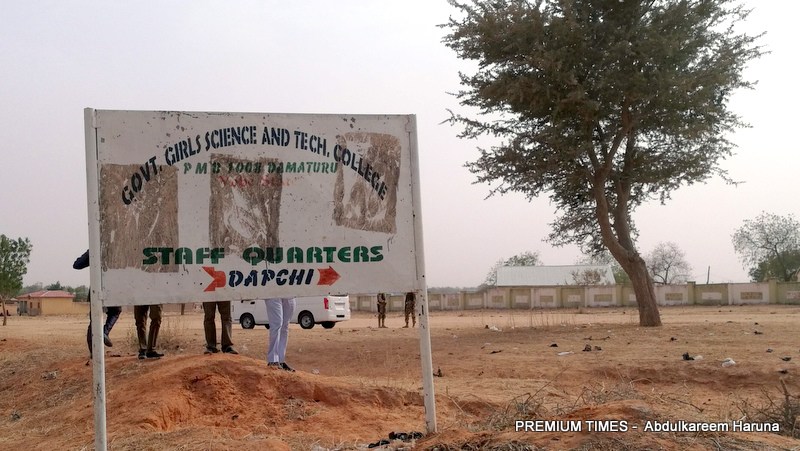The United Nations International Children’s Emergency Fund (UNICEF) has appealed to the Nigerian authorities to ensure school environments are safe for school children especially girls who have been targeted in Boko Haram multiple abductions.
Similarly, a prominent Muslim women organization Al-Mu’minaat Social Advocacy Project (SAP) has warned that girl child education and women empowerment are at risk in the country unless authorities ensure proper security for schools, especially girls-only colleges, in the insurgency-wracked region.
The reactions followed the release on Wednesday of at least 104 of the 110 school girls Boko Haram abducted in Nigeria’s northeastern Dapchi town.
The girls were abducted on February 19, nearly four years after some 276 school girls were kidnapped from northeastern Chibok town in 2014. At least 113 of the girls remain with their captors as the government claimed ongoing efforts to free them.
“We are pleased to see that the girls are back in the safe environment of their families,” UNICEF spokesperson Eva Hinds said in a statement late Wednesday, adding that the agency would work with local NGOs to offer medical treatments and psychosocial support for the girls and their families.
“UNICEF reiterates that schools should be safe spaces, and protected at all times. Since the start of the insurgency in 2009, over 2,295 teachers have been killed and 19,000 displaced, and almost 1,400 schools destroyed.”
The agency also condoled with families of five of the girls who local media claimed may have died during the abduction, information Abuja has been silent about.
SAP, for its part, commended the government for the girls’ freedom but called for investment in security at the schools and improved efforts to rescue the remaining girls including the 113 still being held from the 2014 mass abduction.
“Stories of how girls have concluded that they won’t return to school get to us daily. Once beaten, twice shy. No one can blame parents or even girls who concluded that school isn’t safe for them. Experience have taught them, and nothing is better than experience,” SAP coordinator, Sherifah Yusuf-Ajibade, said.
“This is one of the very important reasons why our government cannot afford to relent on ensuring security for schools. Girl-Child education and women empowerment is at stake. If this apathy isn’t addressed by ensuring safety of lives of the girls who choose to attend school then the future of women and the family may be affected negatively,” she concluded.













